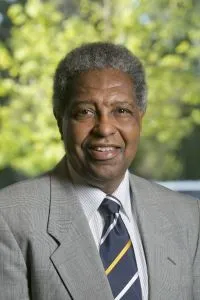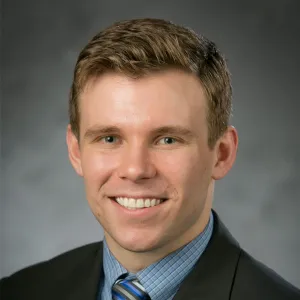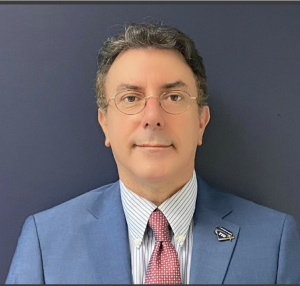Leadership Team
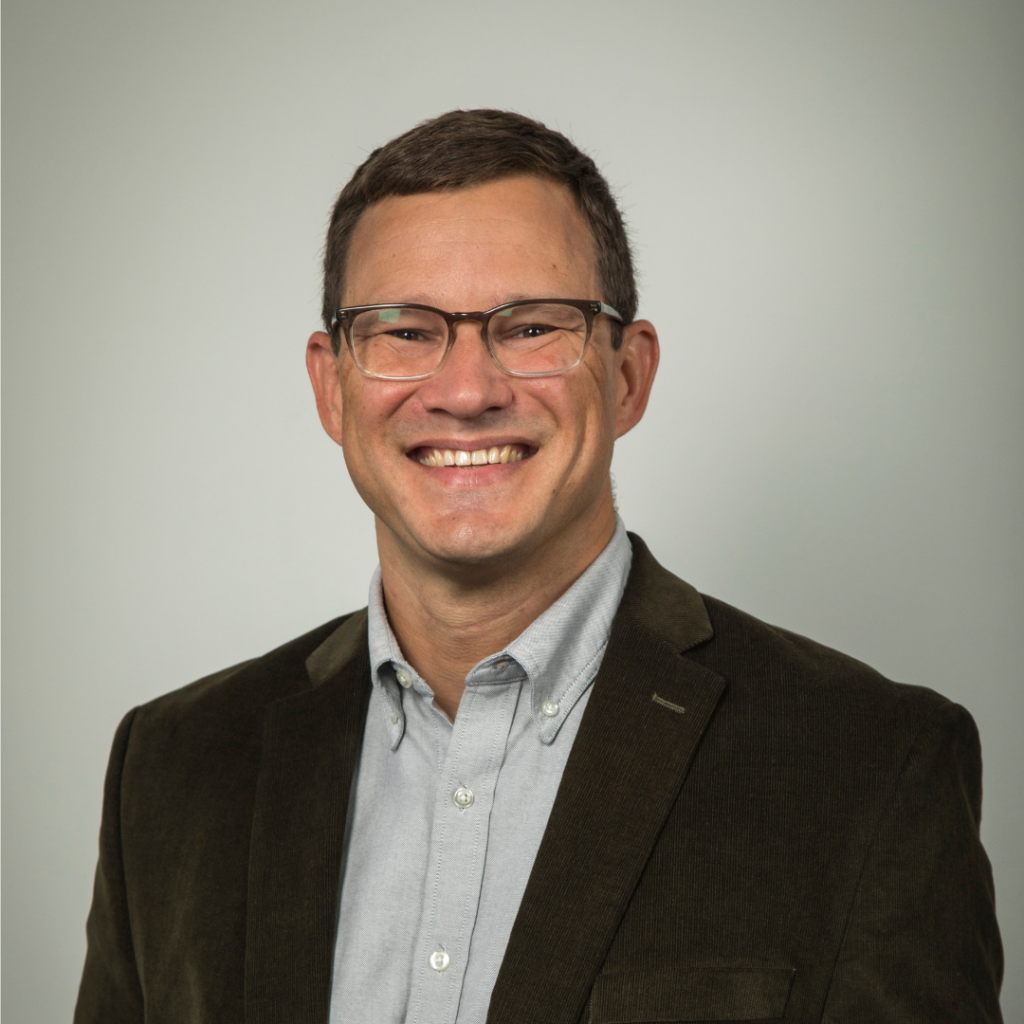
Adam Hollowell
Adam Hollowell serves as Senior Research Associate at the Samuel DuBois Cook Center and Director of the Inequality Studies Minor at Duke University. He is also the Faculty Director of the Benjamin N. Duke Memorial Scholarship Program and Director of the Global Inequality Research Initiative. An award-winning educator, he teaches ethics and inequality studies across multiple departments at Duke University, including the Kenan Institute for Ethics, the Program in Education, the Department of History, and the Sanford School of Public Policy. He is the co-author, with Jamie McGhee, of You Mean It or You Don’t: James Baldwin’s Radical Challenge (Broadleaf Books, 2022).
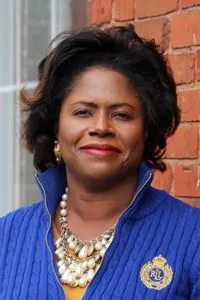
Gwendolyn Wright
Gwen Wright is the senior administrator and research scientist for the Cook Center. She oversees the development and implementation of programs and projects in support of the strategic vision and goals of the Center.
Research and Administrative Staff
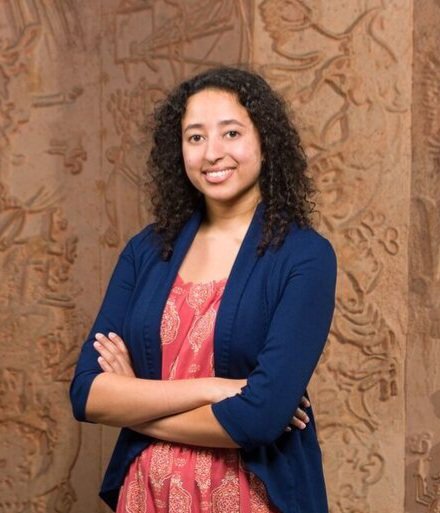
Elizabeth Degefe
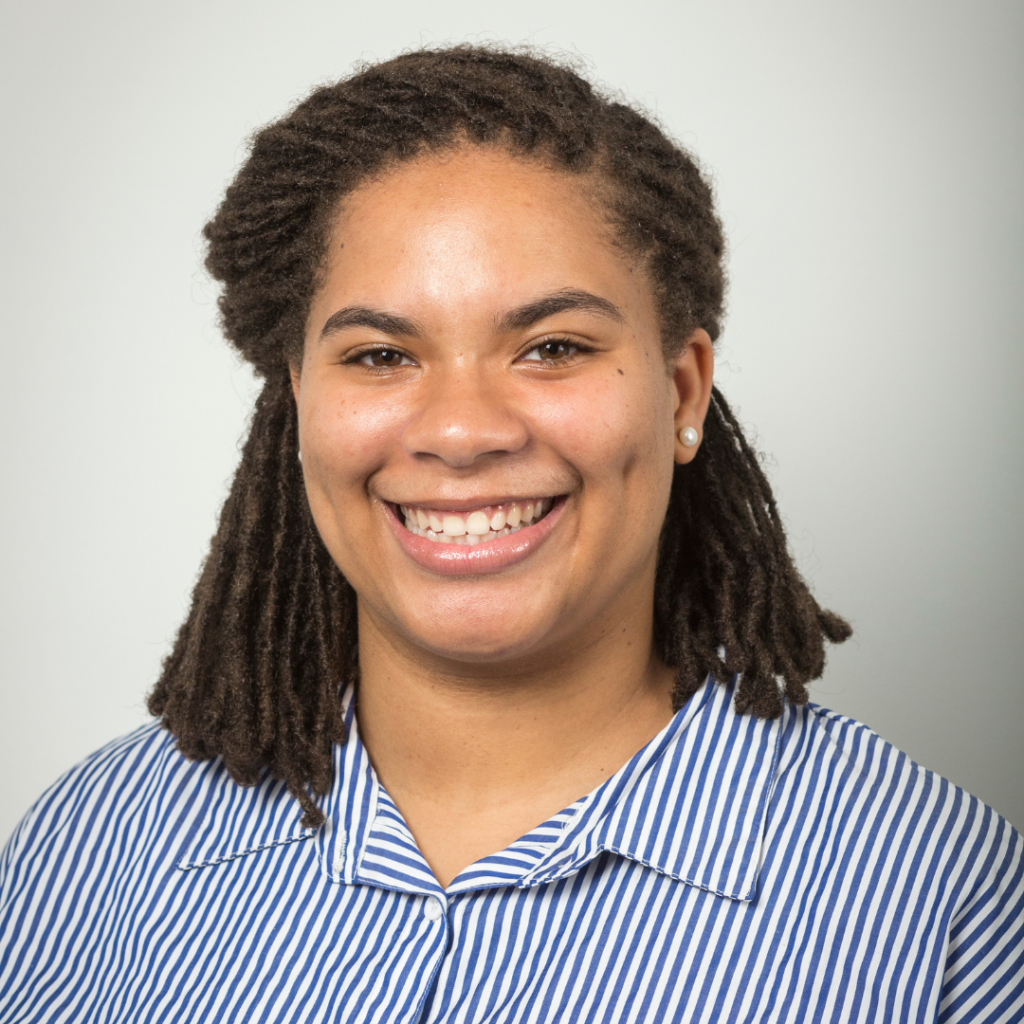
Kennedy Ruff
Kennedy Ruff graduated from Guilford College in 2022 with a B.A in Psychology and a minor in Biology. During high school, Kennedy was a part of the first cohort for the Hank & Billye Suber Aaron Young Scholars Summer Research Institute and now oversees the program. In addition to coordinating the Young Scholars Summer Research Institute, Kennedy is a research associate to Dr. Keisha Bentley Edwards with her research in health equity.
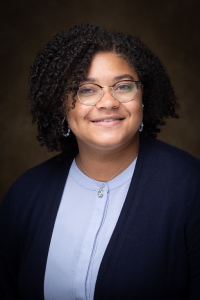
Rachel Ruff
Rachel Ruff works to disseminate research findings and current events to media materials for the Cook Center past, current, and ongoing projects. She is also responsible for crafting engaging news stories and articles that highlight the events and achievements within the Cook Center. Additionally, Rachel manages and oversees content on the website, updates program information, and leads social media efforts. She actively collaborates with various Cook Center programs to advance their recruitment and enrollment objectives.
Additionally, she works with the Inequality Studies minor and the Hank and Billye Suber Aaron Young Scholars Research Institute. She graduated from Fayetteville State University with her BA in Political Science and a minor in Creative & Professional Writing.
Her research interests span across Political Science, History, Public Policy, and Literature, with a keen focus on higher education, civic engagement, and race. She is particularly interested in exploring political behavior, the dynamics of the American political system, and the impact of public opinion on legislative processes. Additionally, she is interested in how these concepts shape an understanding of the current state of Black American Politics.
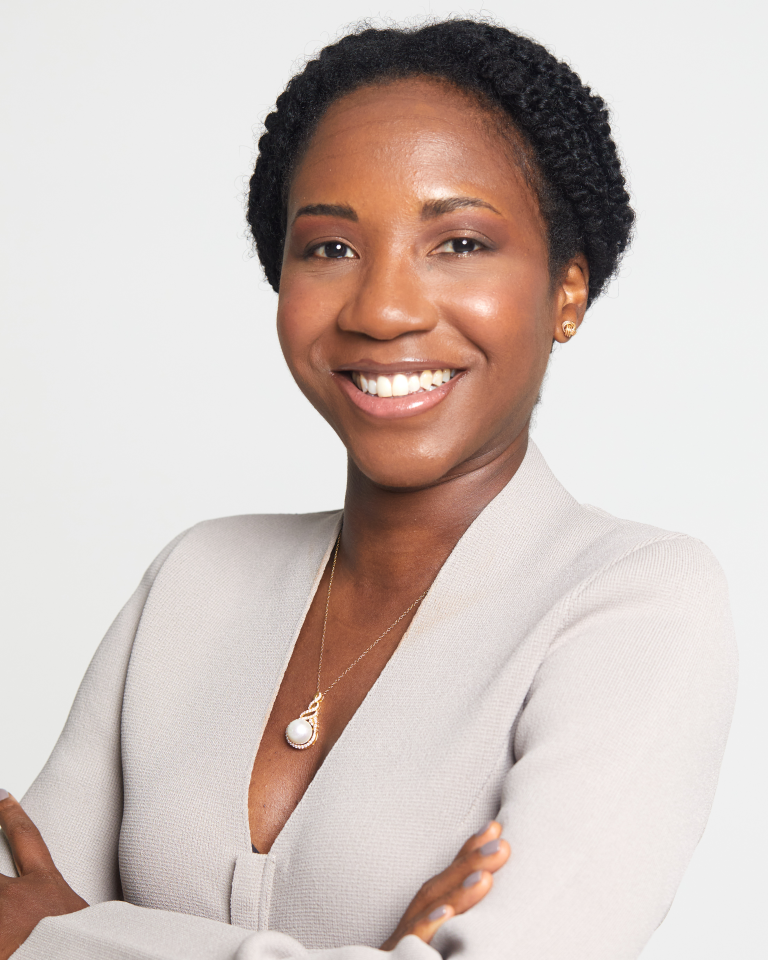
Shahrazad Shareef
Shahrazad Shareef is a critical theorist and a historian who investigates the global expansion of capitalism in the modern era. She earned a BA in Economics from Duke University in 2006, as well as a Ph.D. in comparative literature and an Interdisciplinary Certificate in European Studies in 2021. Her dissertation was entitled: “From Crisis to Restoration: Technical Intellectuals and the Politics of Italy’s Post-war Development”. Her primary research interests include: historical capitalism and cycles of accumulation; theories of surplus value; economic development; Marxist theoretical approaches to historical analysis; the rise of Italian fascism; and philosophy and the development of worker’s consciousness. She is currently working on a book that studies the transformation of the world market through successive cycles of systemic accumulation (British and US-led). In her role at the Cook Center, Shahrazad is building the intellectual identity of the minor in inequality studies and expanding enrollment. Originally from Brooklyn, NY, she looks forward to a day when everyone is free.
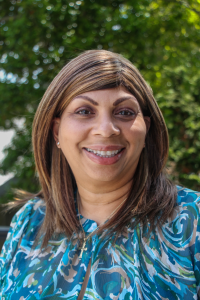
Vontonya Borden
Vontonya Borden is the Associate in Research-Administrative Assistant for the Cook Center. She has worked in several administrative and program support roles – most recently as a staff specialist. She will oversee and perform facility operations for the Cook Center.
Part-Time Staff
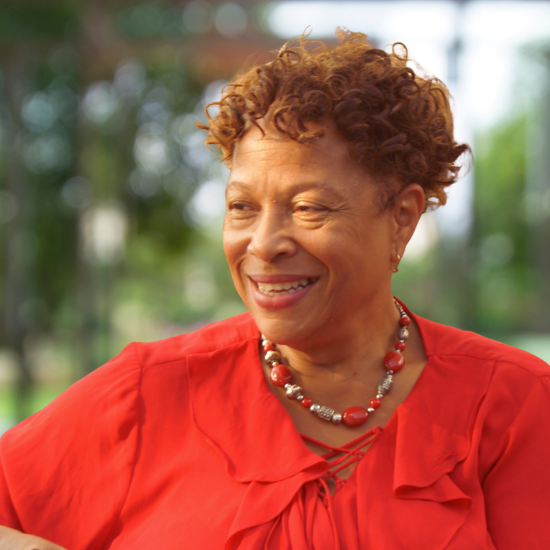
Beatrice Chestnutt
Beatrice Chestnutt works part-time with administrative initiatives at the Cook Center. Chestnutt previously work as an administrative assistant at the Duke Center for Child and Family Policy from 2011 to 2021.
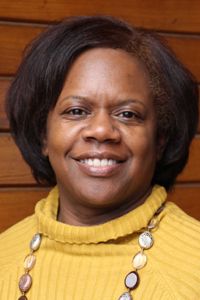
JoAnn O’Neal
JoAnn O’Neal works part-time with administrative initiatives at the Cook Center.
Faculty Affiliates
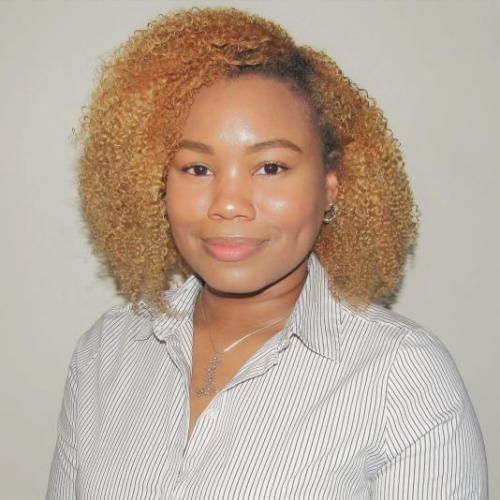
Imari Z. Smith
Imari Z. Smith completed her Ph.D in Public Policy and Sociology at Duke University. Through her work with the Cook Center, Imari continues her work in the intersections of gender, race, class, and health inequities.
Imari holds a Master of Public Health in Health Behavior from the University of North Carolina Gillings School of Global Public Health. She obtained a Bachelor of Arts from Duke University in women’s studies with a minor in chemistry, and was the first in the history of the Women’s Studies department (now Gender, Sexuality, and Feminist Studies) to graduate with Highest Distinction for her honors thesis titled Black Femininity through the White Speculum
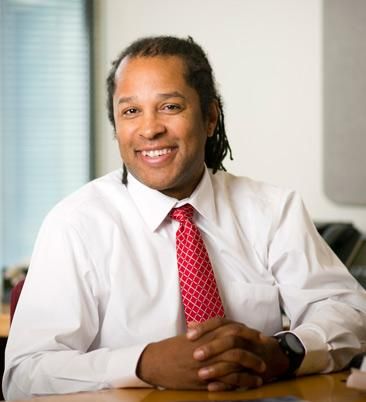
Jay A. Pearson
Jay A. Pearson’s research examines how policy sponsored structural inequality influences social determination of health. He is particularly interested in the health effects of conventional and non-conventional resources associated with racial assignment, ethnic identity, national origin, immigration, and cultural orientations.
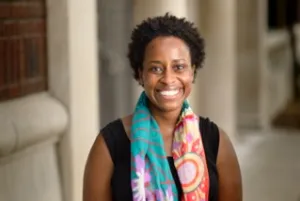
Jean Beaman
Jean Beaman (she/her) is Associate Professor of Sociology in the Ph.D. Program at the Graduate Center of the City University of New York (CUNY). She was formerly on faculty at University of California, Santa Barbara and Purdue University. Her research is ethnographic in nature and focuses on race/ethnicity, racism, international migration, and state violence in both France and the United States. She is author of Citizen Outsider: Children of North African Immigrants in France (University of California Press, 2017), as well as numerous articles and book chapters. She is also an Associate Editor of the journal, Identities: Global Studies in Culture and Power and a Corresponding Editor for the journal Metropolitics/Metropolitiques. She was a 2022-2023 fellow at the Center for Advanced Study in Behavioral Sciences at Stanford University, and a Co-PI for the Mellon Foundation Sawyer Seminar grant, “Race, Precarity, and Privilege: Migration in a Global Context” for 2020-2022.
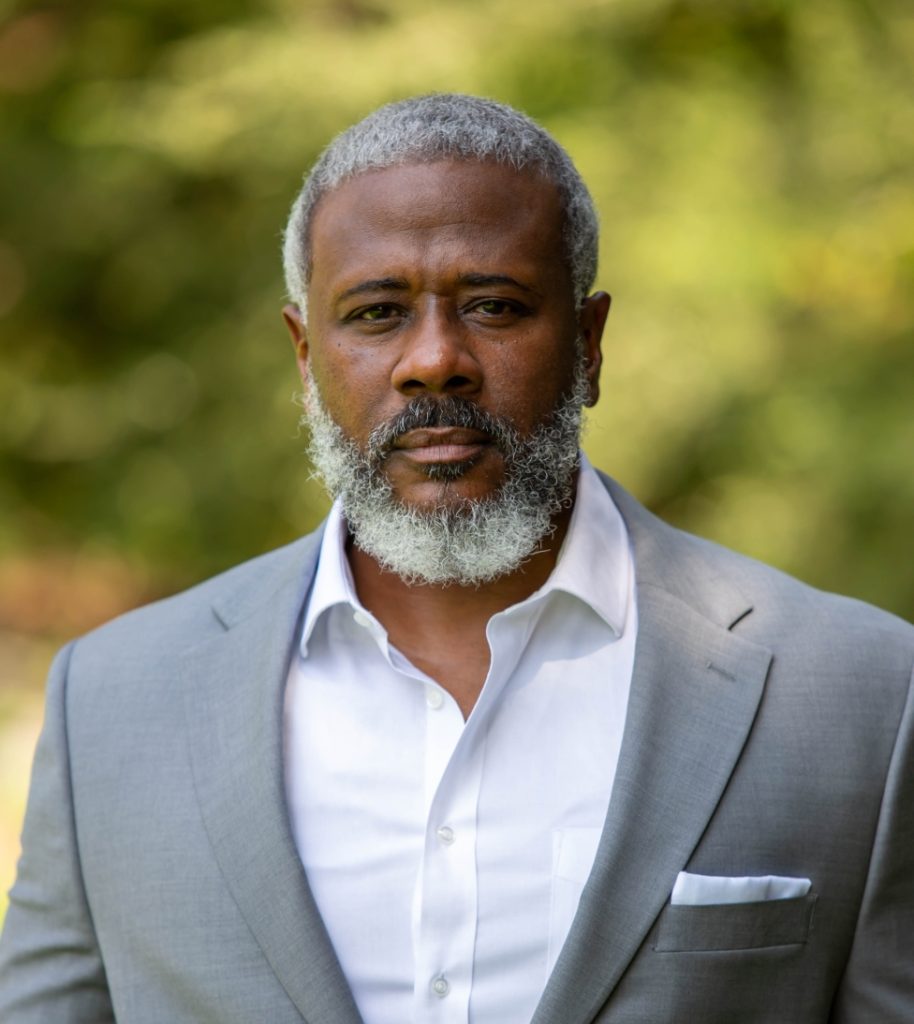
Jim C. Harper, II
Dr. Jim C. Harper, II, a native of Mount Olive, North Carolina, has dedicated his career to teaching and inspiring others through lessons of history. After serving in the United States Marine Corps, he earned his Bachelor of Arts and Master of Arts degrees in History from North Carolina Central University, and his Ph.D. from Howard University.
As a visionary and forward-thinking executive leader, he has a passion for orchestrating transformational initiatives to create engaging, relevant programs, increasing outreach to the community and campus at large, and fostering a collaborative approach to educating students.
He has been employed at North Carolina Central University for over two decades, serving as department chair for over a decade. Currently, he serves as Interim Associate Provost and Dean at the School of Graduate Studies at North Carolina Central University, and he is also a faculty affiliate with the Samuel Dubois Cook Center.
Dr. Harper is the recipient of multiple teaching and service awards, including the University of North Carolina System’s Board of Governors Excellence in Teaching Award, the North Carolina Central University Excellence in Teaching Award and the Colonel Charles Young Trailblazer Award, which recognizes distinguished individuals who have demonstrated outstanding service and commitment to the community, leadership, and youth.
Dr. Harper has published a number of books, chapter, articles, and digital research projects. He recently published a co-authored manuscript With Faith in God and Heart and Mind: A History of Omega Psi Phi Fraternity, Inc. (UNC Press 2024).
Dr. Harper’s research interests include African American and African education. He has published the book Western Educated Elites in Kenya, 1900–1963: The African American Factor. Harper has served as lead editor of Topics in the African Diaspora independence movements in the 20th century. Harper has also published a number of journal articles and book chapters.
In addition to the previously mentioned scholarly work, Dr. Harper is also a dedicated public historian. He has completed several public history research projects, including two documentaries entitled 100 Years of Brotherhood and Service: The Beta Phi Chapter, Omega Psi Phi Fraternity, Inc. and The Mighty Sixth District Omega Psi Phi Fraternity, Inc.: Shapes History; a Digital Mapping Oral History Project in Durham, NC; Durham Memories in the Finding Freedom through Entrepreneurship: Durham’s Black Wall Street; the Diversity Workforce Oral History Project with the National Parks Service. He also produced the Grand Reflections Oral History Project of the Grand Basilei of Omega Psi Phi Fraternity, Inc. He is currently working on the Sixth District Oral History Project, where he serves as the director and is collecting video oral interviews of fraternity members with 50 or more years of membership in the fraternity in the chapters in North and South Carolina.
As a scholar, teacher, and public historian, Dr. Harper seeks to expand the use of 21st century technology and historical research methods to engage and inspire students, colleagues, and the public.
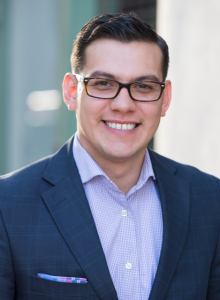
Joaquín Alfredo-Angel Rubalcaba
Faculty Affiliate; Policing Enforcement and Justice
Assistant Professor, UNC Chapel Hill
Participation in DITE: Cohort 11/12 Fellow
As an assistant professor in the Department of Public Policy at UNC-Chapel Hill, Joaquín Alfredo-Angel Rubalcaba’s research examines the intersection of health, labor, and education economics and contemporary policy issues that generate disparities along the lines of race, ethnicity, gender, immigration status, and class. He earned his Ph.D. in Economics from the University of New Mexico as a RWJF doctoral fellow and is affiliated with the Native American Budget and Policy Institute. Dr. Rubalcaba is also a faculty fellow at the Carolina Population Center at UNC-Chapel Hill, where he explores the effects of public policy on the overall socioeconomic well-being of immigrant communities, including issues like labor dynamics in mixed-status households, local policing practices targeting migrant communities, and health outcomes.

John D. Purakal
Dr. John Purakal is an Assistant Professor of Emergency Medicine at Duke University School of Medicine. His research interests include social drivers of health, racial & ethnic disparities of emergency care, and cardiovascular disease. Through his early career, Dr. Purakal has worked to advance Social Emergency Medicine, both at Duke University and across the country. He believes that the Emergency Department has a unique vantage point to the disproportionate role social determinants of health play in health outcomes in at-risk populations. His work aims to improve how we identify unmet social needs and address them, even when unrelated to their acute medical needs. With a passion for teaching, Dr. Purakal strives to find inventive ways to educate both trainees and his patients’ communities. He has a track record for developing interdisciplinary public health educational initiatives, geared at reducing gaps in health knowledge in underserved populations in Chicago and Detroit before joining Duke.
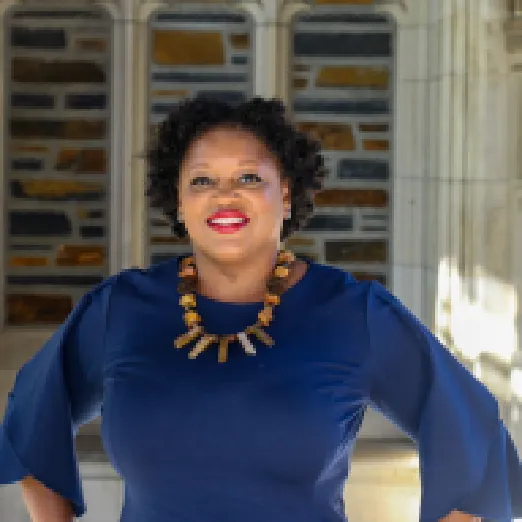
Keisha L. Bentley-Edwards
Dr. Keisha Bentley-Edwards is an Associate Professor of Medicine, Division of General Internal Medicine, at Duke University. She holds several leadership positions within Duke’s Clinical and Translational Science Institute, and faculty affiliations with Duke’s Global Health and Cancer Institutes.
Dr. Bentley-Edwards’ research focuses on how racism, gender, and culture influence development throughout the lifespan, especially for African Americans. Her research emphasizes cultural strengths and eliminating structural barriers to support healthy development in communities, families, and schools. Dr. Bentley-Edwards has published and lectured extensively on the use of racial socialization and racial cohesion strategies to facilitate positive outcomes in Black adolescents, as well as how teacher perceptions and school resources can influence disciplinary practices and classroom management. As head of the Cook Center’s Health Equity Working Group, Dr. Bentley-Edwards leads a mixed method study investigating the relationships between religion and spirituality and cardiovascular disease risk factors for African Americans. She is dedicated to healthy birth and pregnancy outcomes, and reproductive health in general. Dr Bentley-Edwards is committed to eliminating racism and its effects on equitable outcomes in health systems, schools, and society. Her research has been supported by the Robert Wood Johnson Foundation, IBM, and the National Institutes of Health. Dr. Bentley-Edwards regularly shares her expertise on the role of structural racism and bias on health, education and social outcomes with families, policymakers, practitioners, and the media.


